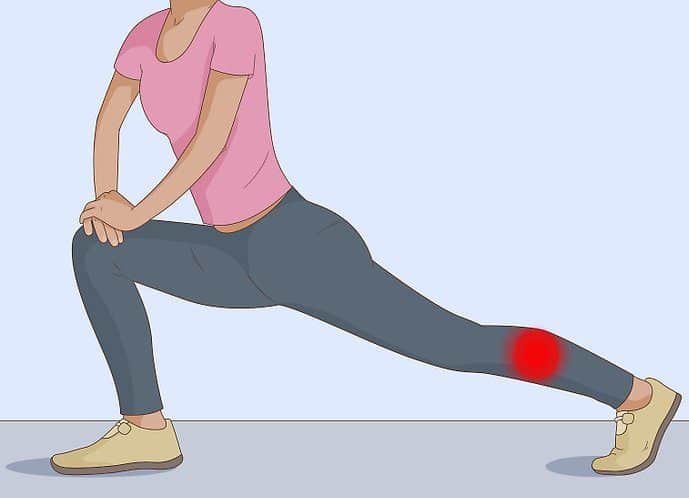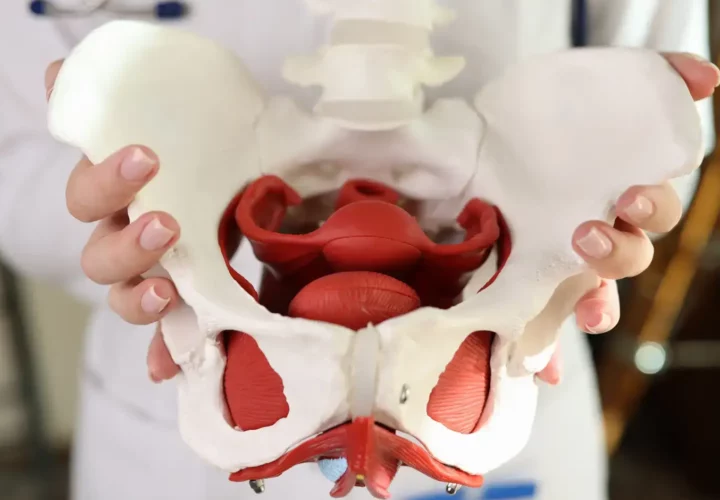The other morning I woke up at 3:30am with a charley horse that lasted 15 minutes. When I told my boyfriend about it he said, “I get those all the time” which I found weird because I get them every few months. The one I just had lasted a few minutes with the affects going later into the day.
What is a Charley Horse
A charley horse is just another name for a muscle spasm. Though charley horses can occur in any muscle, they typically occur in the legs. Charley horses are marked by uncomfortable muscle contractions. If the muscle doesn’t relax in a matter of seconds, the pain can become very severe. Severe charley horses may result in muscle soreness lasting for a few hours to a day. This is a pretty normal time range as long as the pain isn’t prolonged or recurring. Generally you can treat a charley horse at home, especially if they aren’t frequent. Frequent muscle spasms however are linked to underlying health conditions that will need medical treatment.
What Causes a Charley Horse
A numerous amount of things can cause a muscle to cramp or spasm. The most common causes are:
- Exercising in excessive heat/cold
- Muscle injuries
- Not stretching before exercise
- Inadequate blood flow to the muscle
- Overuse of a specific muscle during exercise
- Stress, most often in the neck muscles
- Mineral depletion or too little calcium, potassium, and sodium in the blood
- Taking diuretics, which may lead to low potassium levels
- Nerve compression in the spine
Most of the time when a charley horse occurs its during sleeping hours, wakening the person experiencing it. Experiencing a muscle spasm that causes a charley horse while you sleep is common, even though it’s not fully understood why this is when it occurs. However, it is believed that when you lay in an awkward position for a long time, it plays a role.
Risk Factors
Any person at any age can get a muscle spasm and a charley horse can occur anytime of the day. However, charley horses tend to occur more in athletes, infants, older adults, people who smoke, people who are obese, and people taking certain medicines such as diuretics, raloxifene, or statin drugs. People who are obese tend to get charley horses because of poor circulation in their legs and athletes experience them because of muscle fatigue or overuse.
Diagnosing the Cause of Frequent Charley Horses
Occasional charley horses/muscle spasms do not need medical attention, but frequent ones do (occurring more than once a week). Typically your doctor will make a diagnosis based off medical history and a physical examination. MRI scans can also be helpful in determining if nerve compressions is the cause of your frequent charley horses. Sometimes lab work will also be done. This will help rule out low potassium levels along with calcium and magnesium levels.
Treatment
Being treated for a charley horse depends all on the underlying condition you have. Simple stretches and massages help for exercise induced charley horses because they help relax the muscle and stop it from contracting. To accelerate the relaxation process, heating pads can be used too. If painful, icepacks can be used to numb the pain. For more frequent charley horses, you will need more aggressive treatment. Severe cases typically have antispasmodic medication prescribed. Extreme cases may include surgery. Surgery can enlarge the space around the nerves to relieve the pressure.
Physical Therapy
In order to stop the cycle of muscle spasms, the weak muscle needs to get stronger. Also body mechanics need to be trained to be more solid and unified to handle daily activities. Physical therapy will help teach corrective exercises, proper ergonomic and posture education, joint protection, soft tissue work, stretches, joint mobilization, and any modalities which is found to be appropriate. Modalities can include moist heat packs, ice packs, and electrical stimulation.
Prevention
Once the cause is identified, the symptoms are easy to prevent.
- Stretch before and after exercise
- Avoid exercising the same muscles day after day. If you workout legs one day then do the upper body the next day.
- Drink plenty of water throughout the day
- Drink beverages that contain electrolytes such as gatorade
- Stretch before bed



